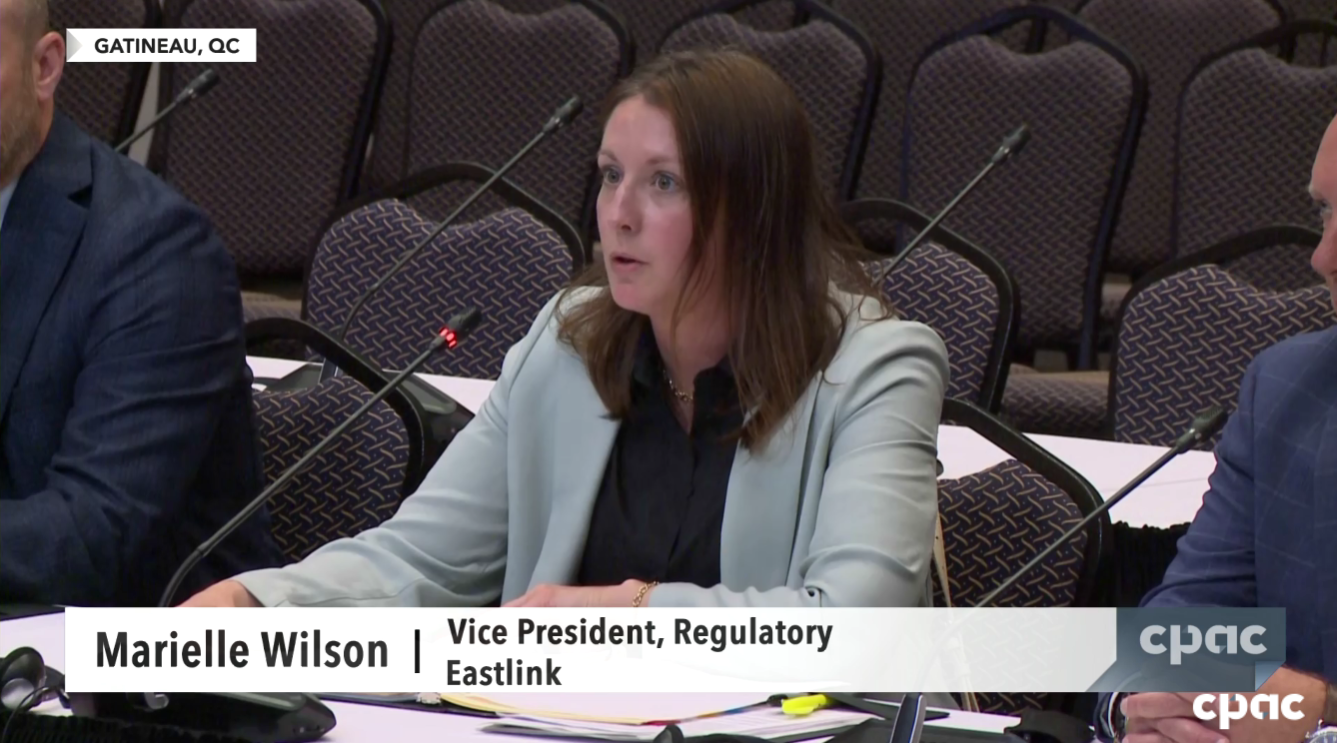
Telus appeals seamless roaming in CRTC’s wireless review decision
News | May 14, 2021
Telus Corp. is seeking permission to appeal two provisions of the CRTC’s April decision flowing from the commission’s wireless review.
While Telus is not seeking to appeal the central decision of the regulator mandating wireless network access for a limited number of mobile virtual network operators, in a Friday afternoon filing with the Federal Court of Appeal the company said it wants the court to strike down provisions of the decision concerning access to public infrastructure for technology upgrades, and a provision of the decision requiring national wireless carriers to provide seamless roaming to regional carriers.
On the issue of seamless roaming, Telus says that it has spent some $4.5 billion on spectrum in recent years with an in-built stipulation from the Department of Innovation, Science, and Economic Development that the company would not have to provide seamless roaming.
While Telus “understood that the [Minister of Innovation] may change its conditions of licence pursuant to the [Radiocommunication Act], there is no legal basis for the CRTC to do so,” the company argued in its application for leave to appeal.
By requiring Telus — and other national carriers like it — to offer seamless roaming on its networks to regional players, the CRTC is effectively contradicting policy set by ISED, Telus argued.
“Jurisdiction to amend the Minister’s condition of licence is reserved exclusively to the Minister in the RA. The CRTC cannot simply reach a different policy conclusion and issue a conflicting condition,” the company wrote.
During the wireless review, national carriers BCE Inc. and Rogers Communications Inc. had argued that the imposition of seamless roaming for regional carriers on national networks would be a disincentive for regional carriers to invest in their own networks. The issue of dropped calls, the national carriers argued, would be best solved by having regional carriers expand their own networks.
Regional carriers like Shaw Communications Inc. and Quebecor Inc., on the other hand, argued that the lack of seamless roaming prevented growth for their companies, and served to drive customers away from them and toward national providers like Bell, Telus, and Rogers.
When it comes to the CRTC’s decision on whether or not it could regulate access to publicly owned infrastructure, the CRTC determined that it doesn’t have jurisdiction to adjudicate disputes between companies and municipalities related to mobile wireless transmission infrastructure, and that it did not need to create new policies and procedures to address such disputes. The CRTC, Telus argued in its Friday application, erred in the determination by concluding that key language in the Telecommunications Act limited the commission to dealing with disputes involving transmission wires and cables, and not newer wireless infrastructure.
At issue is which party — either municipalities or wireless carriers — will be in the driver’s seat when it comes to the deployment of new wireless technologies like 5G using public rights-of-way. Wireless carriers had argued during the wireless review that companies should be able to deploy 5G small cell sites without municipal consent along public rights-of-way, while municipalities and the Federation of Canadian Municipalities argued that municipalities are uniquely qualified to manage the efficient use of public rights-of-way.
In declining to create a new access regime for wireless technology deployment and pointing to its lack of jurisdiction, the CRTC effectively sided with the municipalities’ arguments.
By doing so, Telus wrote, “the CRTC has created a lacuna in the federal regulatory scheme that is inconsistent with the modern approach to statutory interpretation, and will delay 5G services for Canadians.”
— Reporting by Michael Lee-Murphy at mleemurphy@thewirereport.ca and editing by Hannah Daley at hdaley@thewirereport.ca



